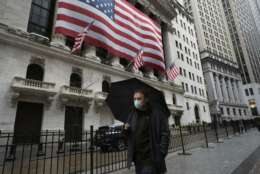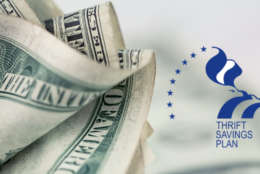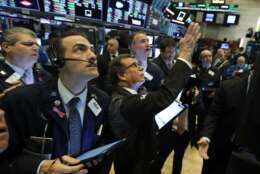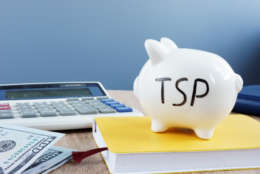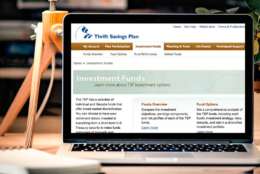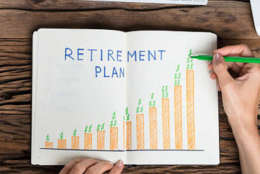TSP
-
Participants in the Thrift Savings Plan are reacting to the coronavirus and recent stock market volatility with more withdrawals and more transfers from the C, S, I and L funds to the G fund, the Federal Retirement Thrift Investment Board said.
March 23, 2020 -
The one sure thing about stock market predictions, whether and when it will boom or bust, is that eventually you will be right.
March 18, 2020 -
Managed to finish two horror novels last Thursday. The bad news is they were both true, as near as we can tell.
March 17, 2020 -
While there are still probably lots of self-made civil servant millionaires, the ranks of those who invested or saved their way into the 7-figure 401k club have definitely been thinned by the stock market's reaction to the coronavirus problem.
March 10, 2020 -
It feels instinctual to want to sell securities now, but it's an instinct you should ignore.
March 06, 2020 -
For a few reminders on the basics, the Federal Drive with Tom Temin spoke with ProFeds founder Chris Kowalik.
March 05, 2020 -
Well, it finally happened. After 10-plus years, the longest bull market in history, the stock market had an historic correction.
March 05, 2020 -
While the short-term impact is obvious, the long-range impact of the coronavirus scare on the world economy, the stock market, and your Thrift Savings Plan nestegg is yet too be determined.
February 28, 2020 -
The Thrift Savings Plan will begin to set automatic contribution rates for new participants at 5% starting this fall.
February 25, 2020 -
Even in the federal government where workers are supposed to be treated the same and be paid based on their grade level, there are differences. Take the two main retirement systems.
February 24, 2020 -
One of the great fears of people planning for retirement is running out of, or low on money while they are still breathing.
February 21, 2020 -
For many people nearing retirement, running out of money is one of the top fears. Unless they work for the federal government.
February 19, 2020 -
When you leave government are you going to keep your optional retirement nest egg in the Thrift Savings Plan, or move some or all of it to an outside investment option? And does it matter?
February 14, 2020 -
President Donald Trump's proposed 1% across-the-board federal pay raise is an attempt to meet Congress "halfway" on the topic, as the administration also recommended more agency funding on employee performance rewards and bonuses.
February 10, 2020 -
Somewhere out there, the person or persons who, in the late 1990s, predicted Uncle Sam was facing a massive wave of retirements may be happy at last. Or not!
February 07, 2020


